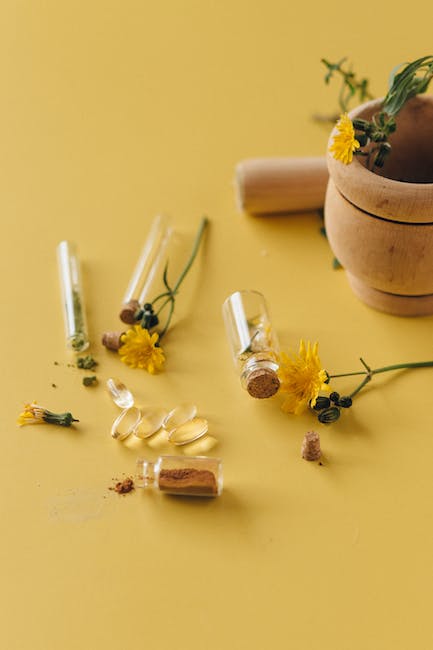
Understanding the Dandelion Plant
The dandelion plant is a serious wonder of nature, adorned with small bright yellow flowers called dandelion flowers. The whole plant, from the flowers, leaves, and roots, contains beneficial nutrients and can be used in various ways. It is renowned for its herbal properties and plays a crucial role in traditional medicine.
When consumed, dandelions offer amazing health benefits. To maximize these benefits, people often consume dandelion as a herbal tea. If you’re eager to start consuming dandelion tea, this guide will teach you how to make dandelion tea at home.
Choosing the Right Parts of Dandelion for your Tea
When making your cup of dandelion tea, the flowers leaves and roots are the most important parts of the dandelion plant. You can use all these parts collectively or individually depending on the desired taste.
Dandelion root tea tends to have an earthy taste, while the flowers and leaves add a slightly bitter, yet interesting flavor. Note that if you’d like a substitute for coffee, you can prepare roasted roots separately as dandelion coffee.

Easy Dandelion Root Tea Recipe
For a simple dandelion root tea recipe, all you need are the roots of the plant, water, and some patience. Start by washing and cutting the dandelion roots into small slices. Roast them in an oven for about 20 minutes.
Next, bring water to a boil, add your dried or fresh cut roots and let them simmer for another 10 minutes. Then strain the mixture and serve it hot. You can sweeten your dandelion tea with honey or any other preferred sweetener.
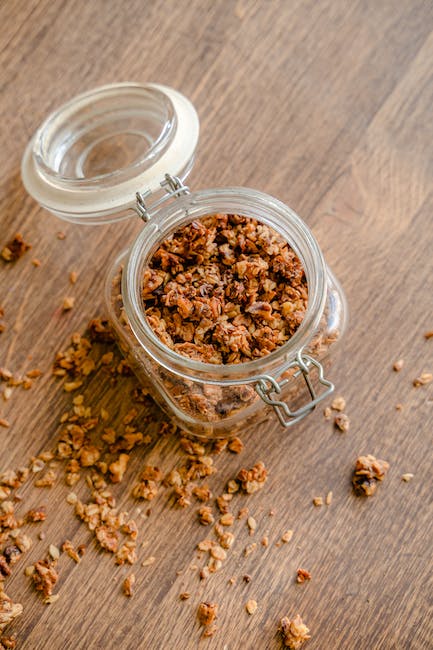
Process of Making Dandelion Flower Tea
Just as with the dandelion roots, the dandelion flowers can also be transformed into a lovely tea. Simply collect the yellow flower heads, clean them properly, and let them dry out. Once dried, you can steep them in hot water.
Afterward, pour boiling water over the dried flowers and allow them to steep for about 10 minutes. Then, strain and serve the tea hot. Remember, you’re free to add sweeteners or spices to your cup of dandelion tea if you wish.
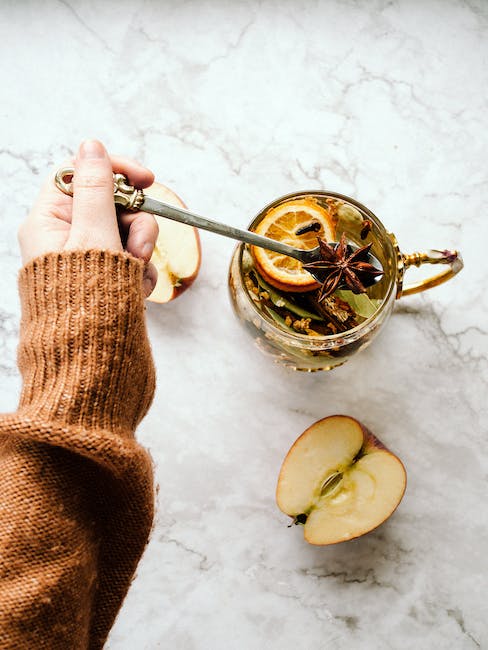
Why Drink Dandelion Tea: Outstanding Health Benefits of Dandelion
The health benefits of dandelion are truly extensive. Notably, dandelion tea is known to support digestion, aid in detoxification, and boost the immune system.
Additionally, this herbal tea is loaded with essential vitamins and minerals that can help to maintain healthy skin, support bone health, and even regulate blood sugar levels. In fact, the benefits of dandelion tea are not just limited to physical health, but also extend to mental wellness.

Using Dandelion Leaves in Your Tea
Similar to the roots and flowers, dandelion leaves also hold significant nutritional values. They are packed with Vitamin K, which is essential for good bone health. They can be used fresh or dried in your tea.
To make a tea, wash fresh leaves thoroughly, or use dried dandelion root if available. Then, boil them in a pot of water for about 10 to 15 minutes, strain the solution, and your tea is ready to serve.
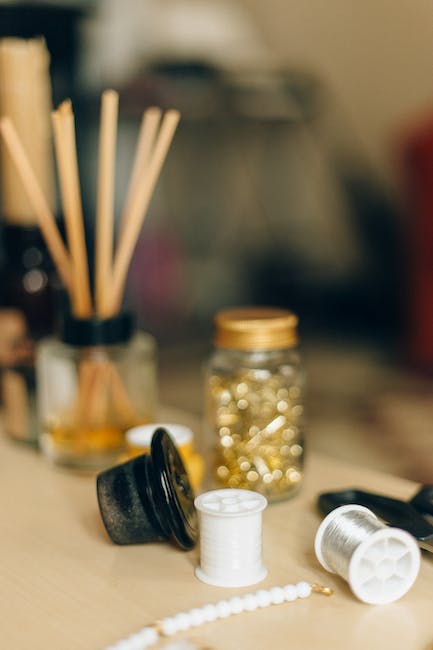
Savoring a Roasted Dandelion Root Tea
For those who enjoy a fuller flavor, roasted dandelion root tea is a perfect choice. It has an intense, dark, and slightly bitter taste, similar to coffee. The roasting process also gives the roots a unique aromatic scent that enhances the overall experience of consuming dandelion tea.
To make this tea, follow the same steps as in the dandelion root tea recipe, but instead of using fresh roots, use roasted roots. The result is a smooth and rich beverage that you can enjoy at any time of the day.
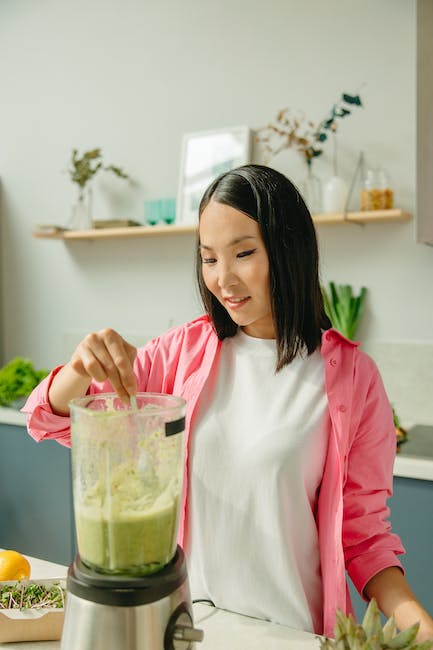
Possible Side Effects of Dandelion Tea
Though the benefits of dandelion tea are remarkable, it’s essential to know that overconsuming this herbal tea might lead to some side effects. People with allergies to related plants (like ragweed, chrysanthemums, and marigolds) should consume dandelion tea with caution as they may also be allergic to dandelion.
Besides, dandelion tea is a potent diuretic, which means it promotes urination. Therefore, people with kidney issues or those taking other diuretic medications should first consult with healthcare professionals before consuming dandelion tea regularly.
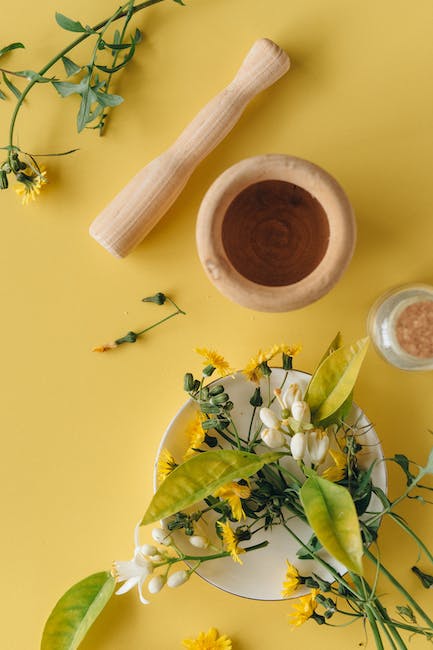
Summarizing the Dandelion Tea Making Process
In conclusion, learning how to make dandelion tea is quite simple and the process is easily adaptable to your taste preferences. Whether you prefer the strong, earthy taste of dandelion root tea, the slightly bitter taste of dandelion flower tea, or the fresh taste from dandelion leaves, this guide has got you covered.
Regular intake of this nutritious cup of dandelion tea can help you enjoy an array of health benefits. However, remember to consume in moderation and be aware of possible side effects depending on your personal health conditions.
1. Is it safe to use any part of the dandelion plant?
Yes, all parts of the dandelion plant, including the flowers, leaves and roots, are safe to use and consume. Just ensure the plant has not been subjected to harmful chemicals like pesticides.
2. How long does it take to make dandelion tea?
Preparing dandelion root tea generally takes about 20 minutes to roast the roots and an additional 10 minutes to boil the roots in water.
3. Can you drink dandelion tea every day?
Yes, it is safe to drink dandelion tea every day. However, it’s advised to start with smaller quantities and gradually increase your intake to avoid potential side effects.
4. What is the best time to drink dandelion tea?
You can drink dandelion tea at any time of the day. However, given its diuretic properties, it might be better to avoid drinking it close to bedtime.
5. What are the health benefits of dandelion?
The health benefits of dandelion range from supporting digestion and detoxification to boosting the immune system and maintaining healthy skin.
6. Can I adjust the recipe according to my taste preferences?
Of course! The dandelion root tea recipe provided is a basic guide. You can tweak it, adding other herbs, spices, or sweeteners to accommodate your taste preferences.
7. Can I replace coffee with roasted dandelion root tea?
Absolutely! Roasted dandelion root tea is often suggested as a healthy alternative to coffee due to its similar aroma and taste.
8. Can I use dried dandelion root for my tea?
Yes, using dried dandelion root can add a deep, rich flavor to your tea. It is as nutritious as fresh dandelion root.
9. What are the side effects of drinking dandelion tea?
Possible side effects include allergic reactions and increased frequency of urination due to its diuretic effect. People with certain health conditions should consult with a healthcare professional before regular intake.
10. Can I make dandelion tea using only the leaves?
Yes, you can make a nutritious tea using only dandelion leaves. This tea will have a fresh and slightly bitter taste.








